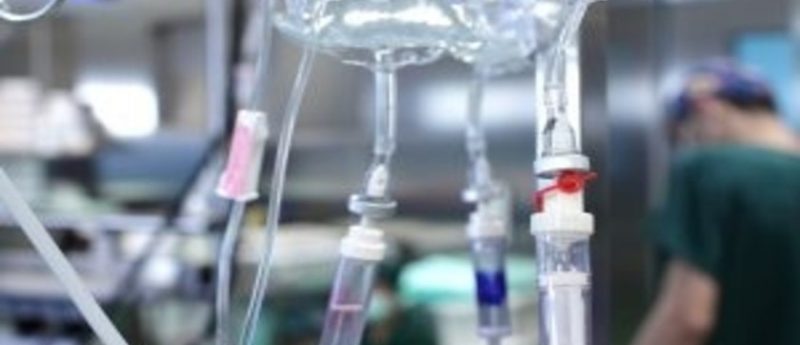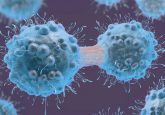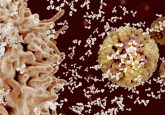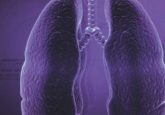Complete remission rates in most cancer types remain low in response to chemotherapy

A recent meta-analysis has found that complete response (CR) rates from chemotherapy treatment for most all late-stage cancers has remained very low, despite efforts to increase them.
The authors included 68 chemotherapy trials that took place between 2000 and 2006, a period before widespread use of targeted cancer therapies. The study found that regardless of the chemotherapeutic agent or dose regimen, treatment yielded equally low CR rates – 5–10% across most types of cancer, with an average of 7.41%.
The research did not cover rare exceptions such as testicular carcinoma and childhood acute lymphoblastic leukemia, which are associated with high CR rates of around 80–90%.
Lead author of the study Brendon Coventry commented: “The finding that late stage cancer CR rates have remained at a similarly low level over this 6 year period, despite diligent clinical effort to improve therapies, strongly suggests that an underlying mechanism is preventing rates from increasing above 10%. If this mechanism can be further understood or overcome, CR rates could be significantly increased.”
The study is still highly relevant today, as Coventry explains: “CR rates even from ‘targeted’ therapies are often around 5–10% too, indicative of some underlying mechanism limiting the ability to produce CRs in patients.”
Targeted cancer therapies are becoming more widely utilized; however, not all patients are responsive to these therapies, and many patients still only receive chemotherapy. More research needs to be done to elucidate how targeted therapies can increase CR rates in advanced cancer.





